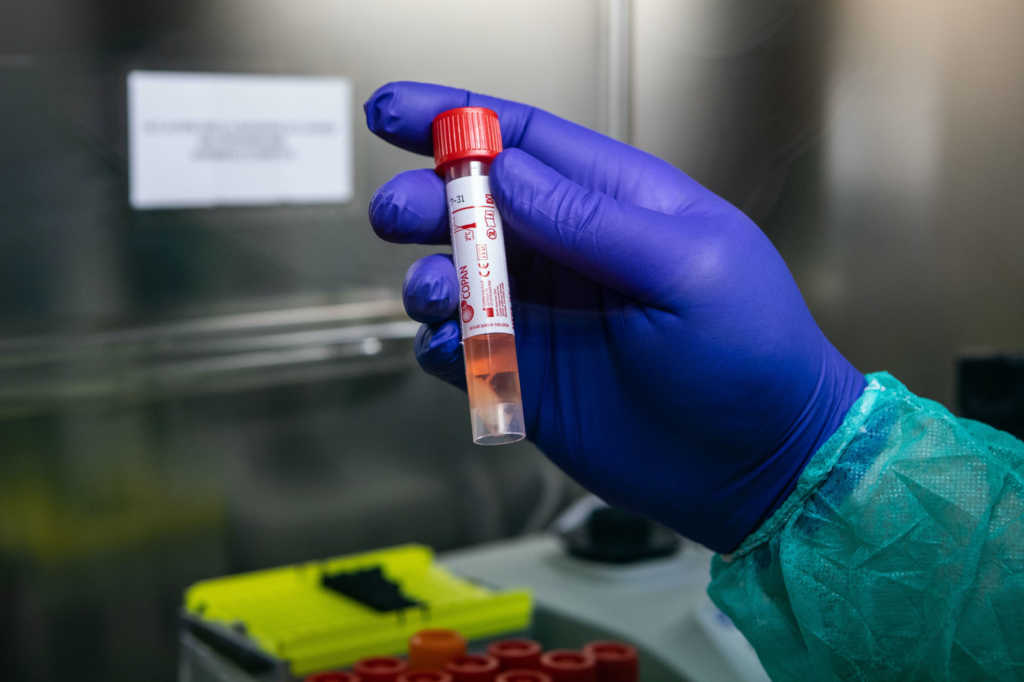Michael Levitt, a Nobel laureate and a biophysicist at Stanford University, believes the coronavirus pandemic could be over sooner than we’re being told to expect.
“The real situation is not as nearly as terrible as they make it out to be,” he told The Los Angeles Times, adding, “We’re going to be fine.”
News that puts God FIRST: Subscribe to our YouTube Channel FREE
Levitt, who won the Nobel Prize in chemistry in 2013 for developing complex models of chemical systems, has analyzed COVID-19 data from 78 countries that have reported more than 50 new cases every day. In many of them, Levitt told the paper, he sees “signs of recovery.”
Early on, the biophysicist predicted — with astonishing accuracy — there would be around 80,000 cases in China (where the coronavirus first appeared) and about 3,250 deaths. As of Monday evening, there have been 81,496 cases in the communist country and 3,274 fatalities.
With all that in mind, Levitt believes the number of new infections will begin to decrease more quickly that many prognosticators are suggesting.
There are some epidemiologists warning the U.S. could be at various levels of lockdown for months, or even years, but Levitt said the data he’s looking at just doesn’t support such a desperate situation, particularly in places that have implemented depressive measures like “social distancing.”
“What we need is to control the panic,” he explained.
The metric people need to be paying attention to, he told the Times, is not the total number of cases. Instead, the focus needs to be on the number of new cases, because that will reveal the actual rate of spread.
“Numbers are still noisy but there are clear signs of slowed growth,” said Levitt, later noting the virus can only grow “exponentially” when it’s undetected and there are no measures in place to stop its spread.
While he agrees with the measures put in place by the local, state, and federal government to slow the spread of the virus, Levitt said he is also concerned by the panic induced by the media’s intense focus on the total number of cases, as well as the celebrities falling ill to the disease.
The Times noted the seasonal flu has infected some 36 million Americans in just over six months and has killed around 22,000 people. Something to keep in mind, of course, is the fact that we have natural antibodies to influenza and the medical infrastructure anticipates the sickness and is prepared to handle it. Neither of those factors are true of COVID-19.
Additionally, Levitt is concerned about the health ramifications of shutting down the economy for an indefinite period of time:
He fears the public health measures that have shut down large swaths of the economy could cause their own health catastrophe, as lost jobs lead to poverty and hopelessness. Time and again, researchers have seen that suicide rates go up when the economy spirals down.
Though the mortality rate for COVID-19 is quite a bit higher than that of the flu, Levitt said this is “not the end of the world.”



